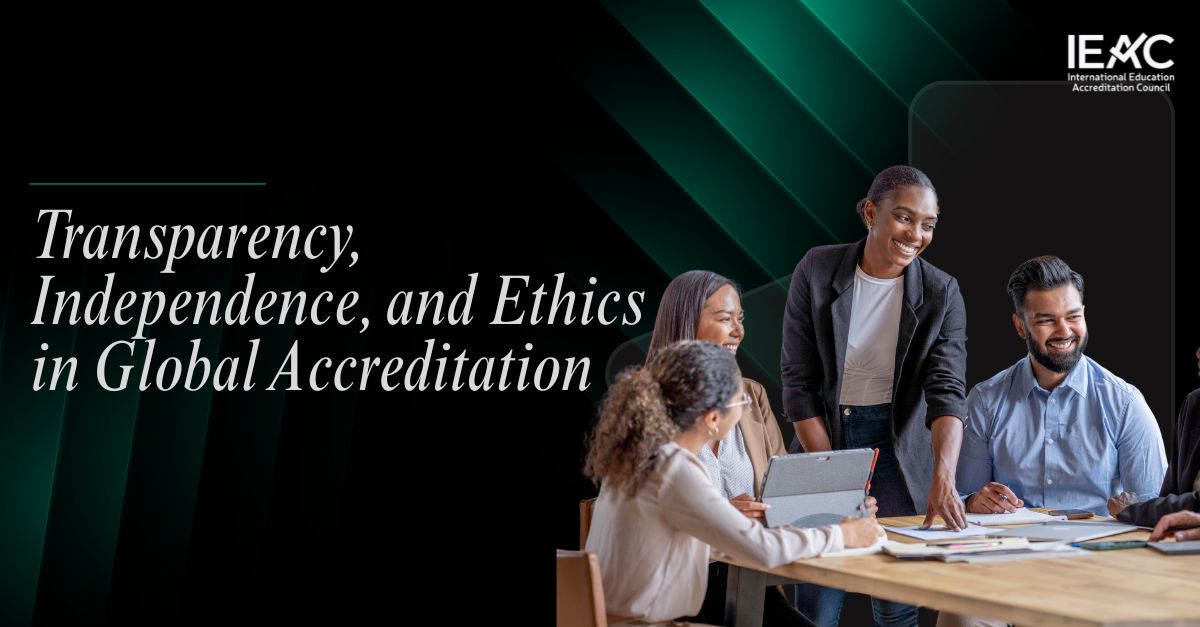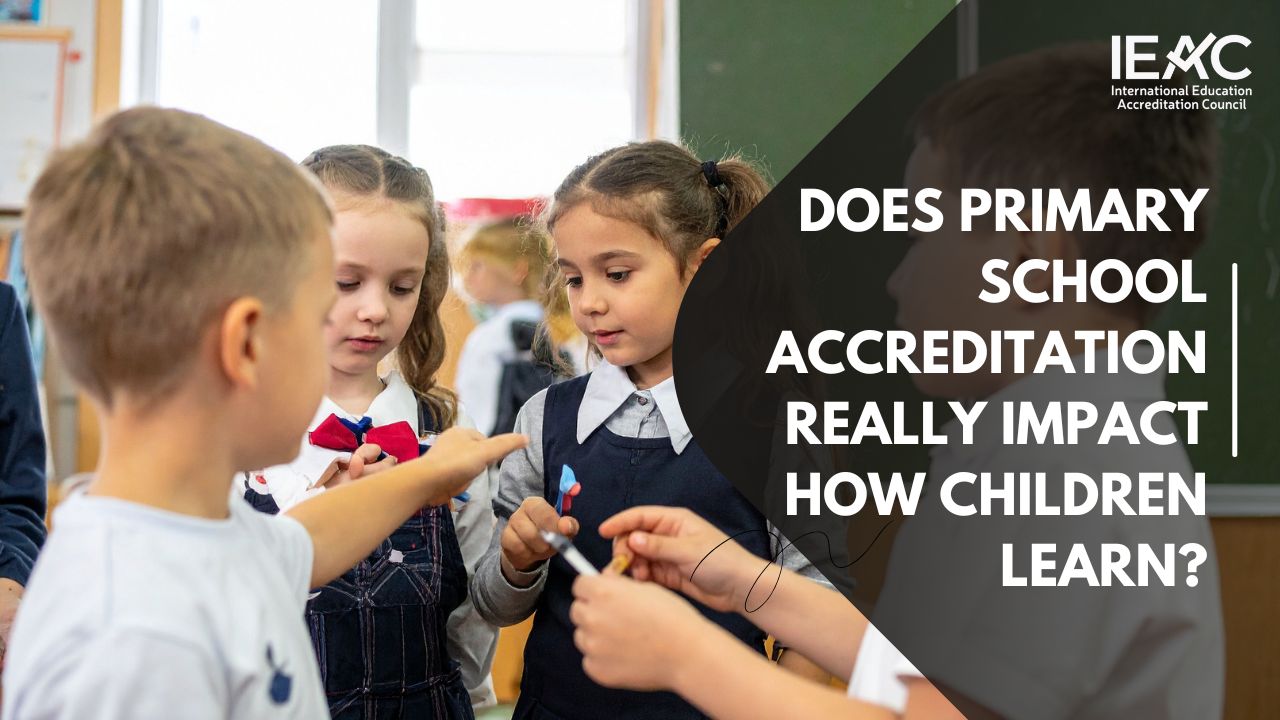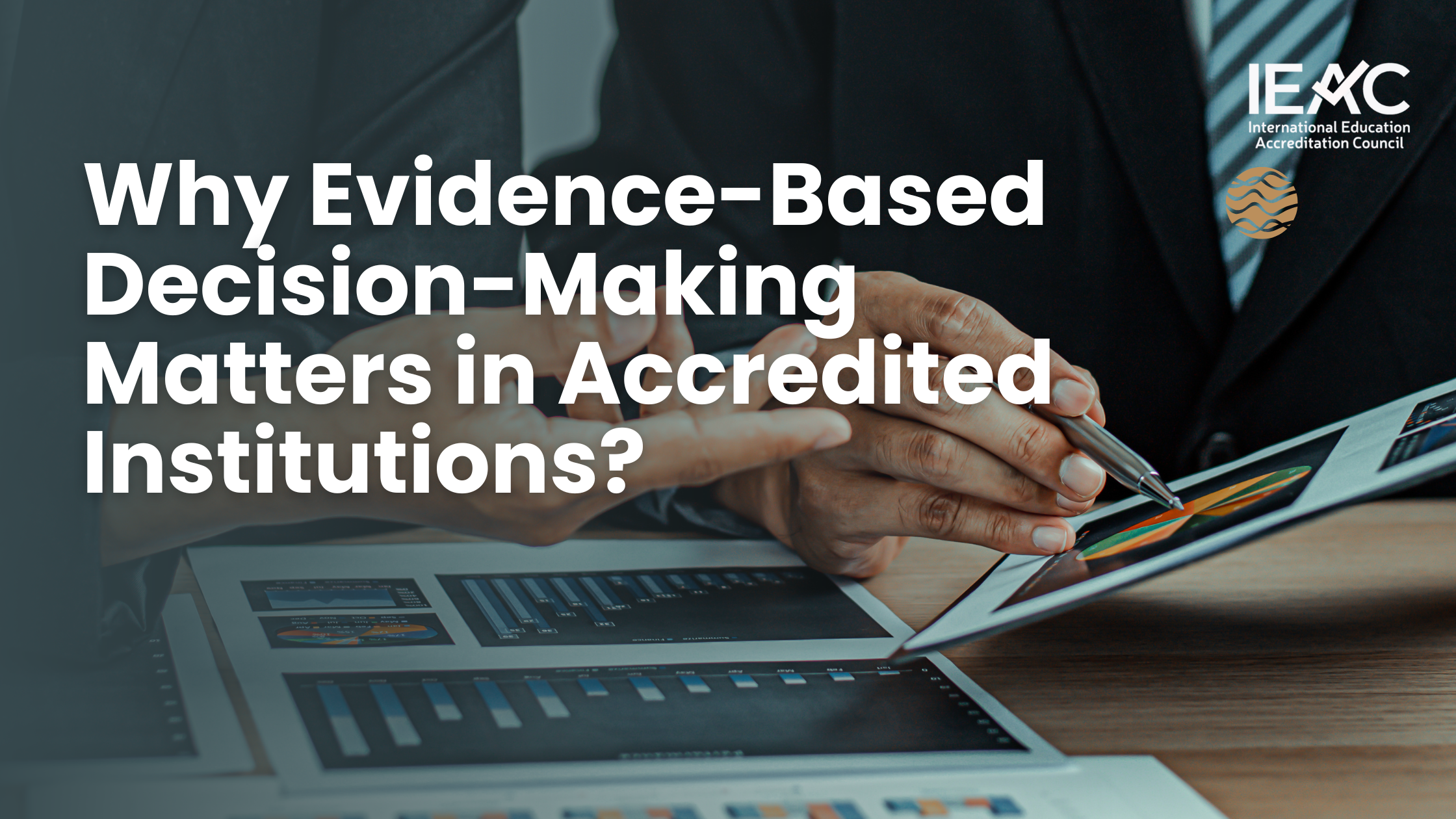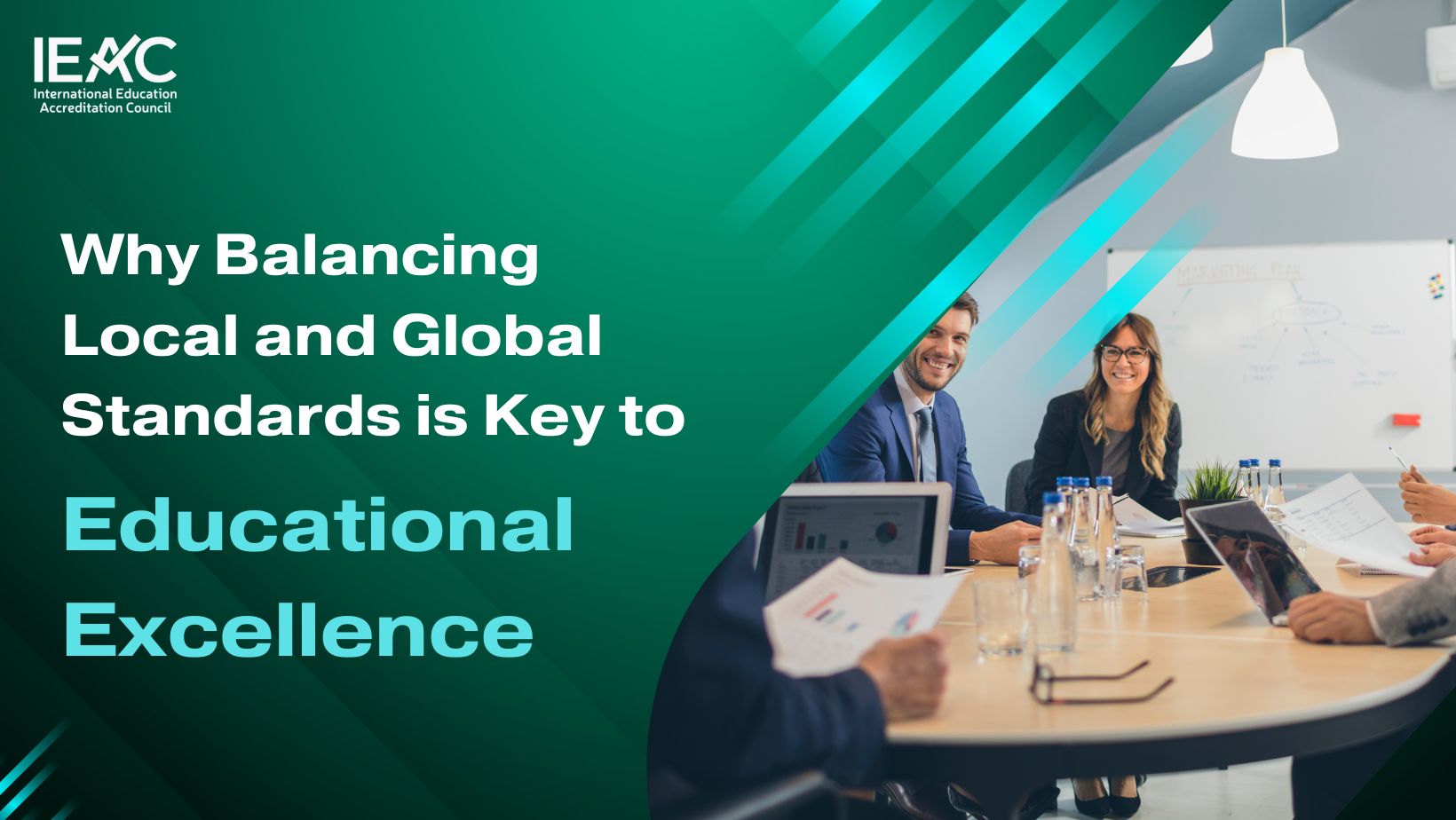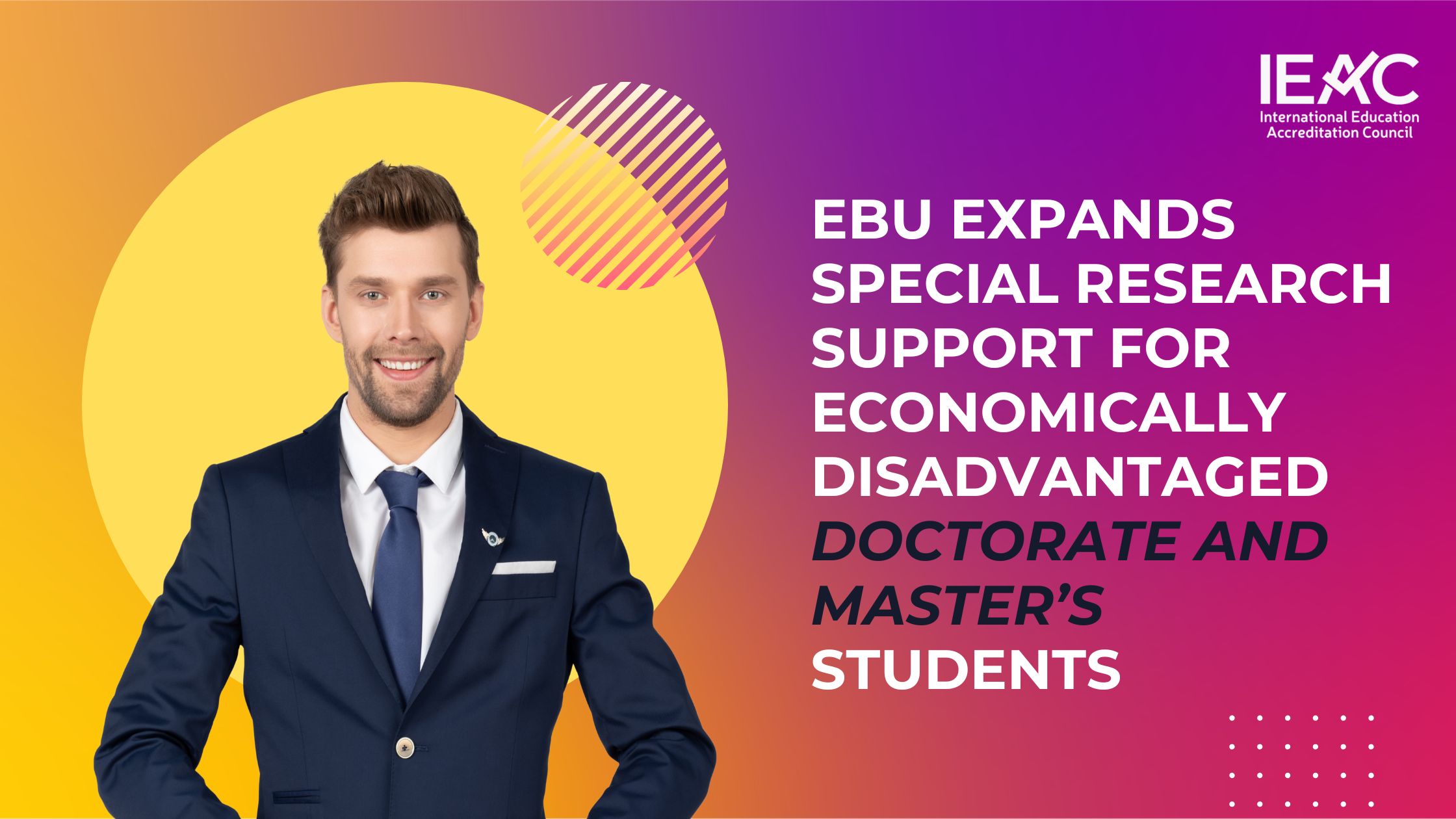- Home
- About IEAC
- Accreditation
- University Accreditation
- College Accreditation
- Online Institution Accreditation
- School Accreditation
- University Recruitment Agency Accreditation
- Programmatic Accreditation
- Teacher/ Lecturer Accreditation
- Religious Institutes Accreditation
- Affiliate Accreditation
- Research Accreditation Candidacy Accreditation
- IEAC Membership
- Institutions Accredited
- Accreditation Process
- Contact Us Webinar Apply Now
Blog
Education Without Borders: The Power of Cross-Sector Collaboration for Sustainable Change
Lorem ipsum dolor sit amet, consectetur adipiscing elit, sed do eiusmod tempor incididunt ut labore et dolore magna aliqua. Quis ipsum suspendisse ultrices gravida. Risus commodo viverra maecenas accumsan lacus vel facilisis.
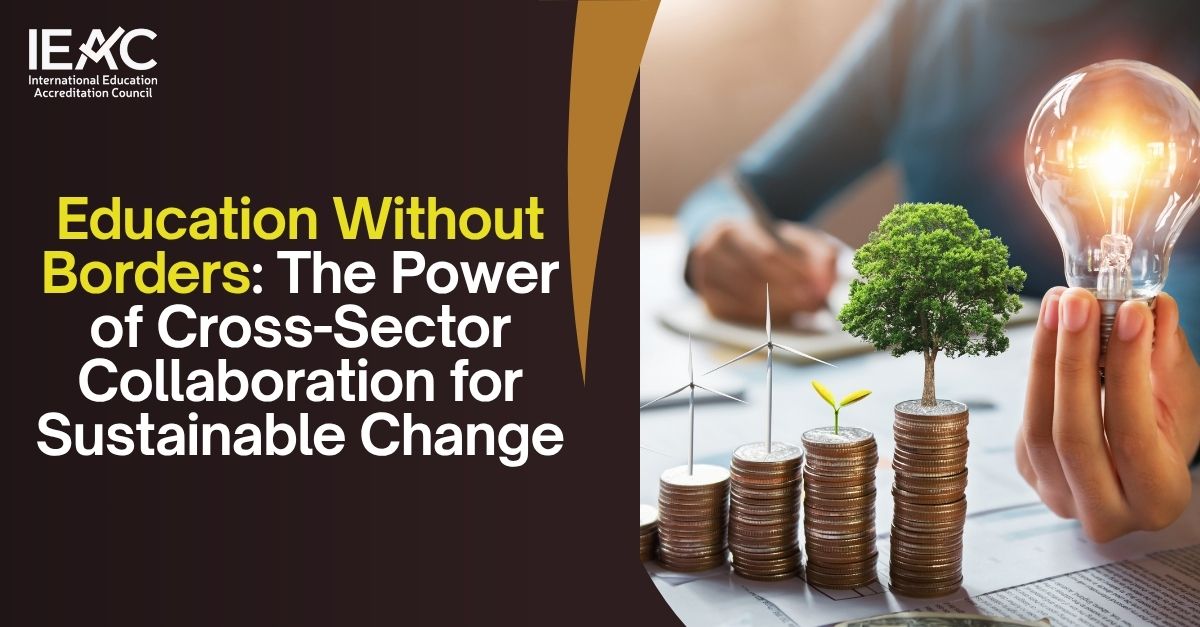
Education Without Borders: The Power of Cross-Sector Collaboration for Sustainable Change
True education knows no borders.
At the International Education Accreditation Council (IEAC), we recognise that the most powerful educational solutions rarely emerge from a single institution or sector. They take shape when universities, governments, NGOs, and communities unite with one shared purpose: to learn, collaborate, and create change that lasts.
Among our accredited institutions, East Bridge University (EBU) stands out as a shining example of this philosophy in action. Guided by the principles of SDG 17 – Partnerships for the Goals, EBU views collaboration not as a temporary initiative, but as a long-term commitment to bridge borders, build empathy, and strengthen systems of sustainable development.
Beyond Boundaries: The Global SDG Partnership Network
EBU’s Global SDG Partnership Network is a model of what inclusive, action-oriented collaboration can achieve. Designed as a multi-tiered platform for policy engagement, academic partnerships, and international dialogue, this initiative connects educators, policymakers, and development leaders across Thailand, Nepal, Sri Lanka, Laos, India, the Philippines, and beyond.
Within this network, education and diplomacy converge. Governments, universities, and NGOs work hand in hand to widen access for underserved learners and design training programs rooted in local realities. With 18 active organisations—including ministries, universities, and non-profit agencies—the network demonstrates how collective action drives sustainable progress far more effectively than isolated effort ever could.
Partnerships That Empower Communities
At IEAC, we are particularly inspired by how EBU translates collaboration into tangible community outcomes.
In Sri Lanka, for instance, vocational and professional training programs developed with EBU’s support are helping low-income groups gain internationally recognised qualifications that enhance their employability.
Meanwhile, in Myanmar and Vietnam, joint teacher-training initiatives are improving education quality and access in marginalised communities.
Each partnership is built on shared principles of equity, inclusion, and local empowerment. EBU provides research expertise, academic innovation, and training support—while ensuring that communities retain full ownership of implementation. This model ensures that impact is both culturally relevant and sustainable over time.
Learning Across Sectors: Government, Academia, and NGOs
EBU’s success lies in the diversity of its partnerships. Each sector plays a vital role:
Governments establish policy frameworks, NGOs extend community reach, academia provides research and pedagogy, and industry brings innovation and resources.
Through policy engagement, EBU experts regularly advise regional and national bodies on SDG strategies—modelling interventions and measuring outcomes to strengthen educational access and inclusion.
Through research partnerships, EBU collaborates with international universities to generate best-practice frameworks on gender equity, poverty reduction, and educational reform. And through NGO collaborations, more than 100 students annually take part in field projects that support community development, gaining hands-on experience while making a real social impact.
At IEAC, we see this integrated approach as a hallmark of quality education—one where learning is active, collaborative, and deeply human.
Technology That Connects the World
EBU’s partnerships thrive because they are powered by technology. Leveraging AI-driven collaboration tools, virtual communication systems, and digital knowledge-sharing platforms, the university ensures that its global partners can collaborate in real time—no matter the distance.
These platforms enable constant dialogue, transparent coordination, and equitable participation. What’s remarkable is how they level the playing field: small community organisations can now work alongside large institutions as equal contributors. It’s a practical demonstration of inclusive innovation—and one that IEAC proudly recognises as essential to modern higher education.
Measuring What Matters: Accountability and Transparency
Every EBU partnership is underpinned by a strong framework of accountability.
The university publishes comprehensive SDG progress reports for Goals 1, 4, 5, and 17, alongside an annual sustainability report detailing performance metrics, outcomes, and next steps.
Through rigorous monitoring and evaluation processes, EBU ensures that each project evolves in response to community feedback and measurable data.
At IEAC, this commitment to transparency represents the kind of evidence-based practice that defines true academic and institutional excellence.
Capacity Building and Knowledge Transfer
EBU’s approach to sustainable development is rooted in empowerment through education. The university invests heavily in capacity building, offering workshops, policy consultations, and training sessions for educators, administrators, and community leaders.
Its online flexible degree programs are designed in a way that enables faculty and students to engage in a two-way exchange of knowledge, sharing academic expertise while learning from local wisdom and community experiences. This reciprocity transforms partnerships from short-term collaborations into long-term relationships built on trust and shared growth.
Each year, EBU’s outreach programs reach over 2,890 community members, while all 1,558 enrolled students receive sustainability education as part of their curriculum. These learners graduate not merely with degrees, but with the mindset and skill set to lead change in their own communities.
The Borderless Future of Learning
At IEAC, we believe education is at its most powerful when it transcends borders—and East Bridge University embodies that ideal.
From policy dialogues in Bangkok to teacher training workshops in Kathmandu, EBU’s work under SDG 17 proves that education can serve as a bridge between people, sectors, and nations.
In an increasingly fragmented world, EBU’s partnerships stand as a testament to what’s possible when collaboration replaces competition. The university’s expanding Global SDG Partnership Network reminds us that sustainable development is not the responsibility of one country or one institution—it’s a collective human mission. The power of collaboration lies not just in shared resources, but in shared resolve.
And as EBU continues to lead with its cutting-edge, flexible online programs, IEAC proudly celebrates it as a model of education without borders—a vision for a more sustainable, connected, and compassionate world.
